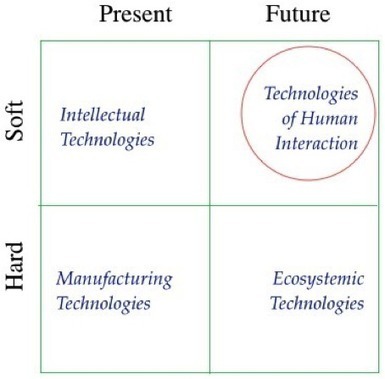For the autonomists and like-minded thinkers, the goal is Exodus rather than taking power.
Research and publish the best content.
Get Started for FREE
Sign up with Facebook Sign up with X
I don't have a Facebook or a X account
Already have an account: Login
on peer-to-peer dynamics in politics, the economy and organizations
Curated by
jean lievens
 Your new post is loading... Your new post is loading...
|
|












